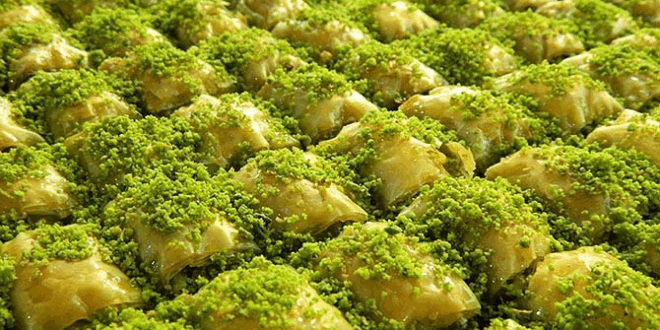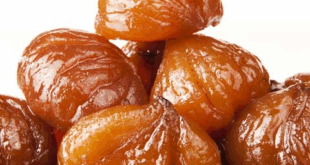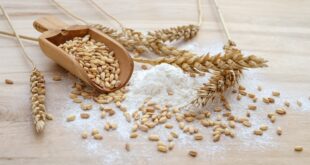The price of shelled pistachios for baklava has soared 213 percent in the past year, reaching TL 2,350 (56.90 dollars) per kilogram, according to Mehmet Yıldırım, president of the Baklava and Dessert Producers Association (BAKTAD).

Yıldırım noted that even if there were no harvest this year, pistachio prices should not have climbed so sharply, calling the government’s import permit a “timely and effective” measure. The import decision allows pistachios to enter Türkiye from the U.S., Iran and Syria, helping prevent traders from artificially inflating prices.
“The import permit ensures that everyone except stockpilers benefits,” he said. Currently, pistachios cost up to 60 dollars per kilogram in Türkiye, while in Iran they are priced at 17.50 dollars. The permit should either reduce prices or at least halt further increases, because some stockpilers were aiming to push prices to TL 3,000.”
According to Yıldırım, the recent spike is not linked to frost or drought and there is no concrete reason for the price rise. Last year, Türkiye achieved the highest pistachio yield in history, enough to meet national demand for three years, and at least half of that production remains stored in warehouses. However, traders with previous stock used the small harvest this year as an excuse to triple prices.
The monthly price hike alone has been 38 percent, Yıldırım added. He emphasized that this affects not only baklava producers but also all food sectors using pistachios, including Turkish delight, halva, chocolate and ice cream producers.

“Farmers are not benefiting from these prices,” he said. “The real winners are black-market traders holding stock from last year. Farmers cannot store pistachios long-term, so they gain little. We want farmers to profit, but currently stockpilers control the market.”
Yıldırım reiterated that last year’s yield was so high that even if there were no harvest this year, Türkiye would have enough pistachios for three years. “Despite this, opportunistic traders exploited the situation, raising prices without justification.”
The import permit has been welcomed as a crucial step. Yıldırım noted that the Ministries of Trade, and Agriculture and Forestry acted decisively to address the issue. He also pledged that once pistachio prices stabilize, baklava producers will pass on reductions to customers.
To prevent future price manipulation, Yıldırım emphasized that registering pistachio production is the best solution. “As long as pistachios are not tracked, this situation will repeat every year. If the Ministry of Agriculture supports the product instead of just the land, all production will be recorded, allowing better planning and price control.”

BAKTAD’s concerns highlight how stockpiling, black-market trading and opportunistic price hikes have put both producers and consumers under pressure, while government measures aim to stabilize the market and protect all stakeholders…
 THE GLOBAL WINDOW OF TURKISH FOOD AND AGRICULTURE The Global Window of Turkish Food and Agriculture Sector
THE GLOBAL WINDOW OF TURKISH FOOD AND AGRICULTURE The Global Window of Turkish Food and Agriculture Sector








